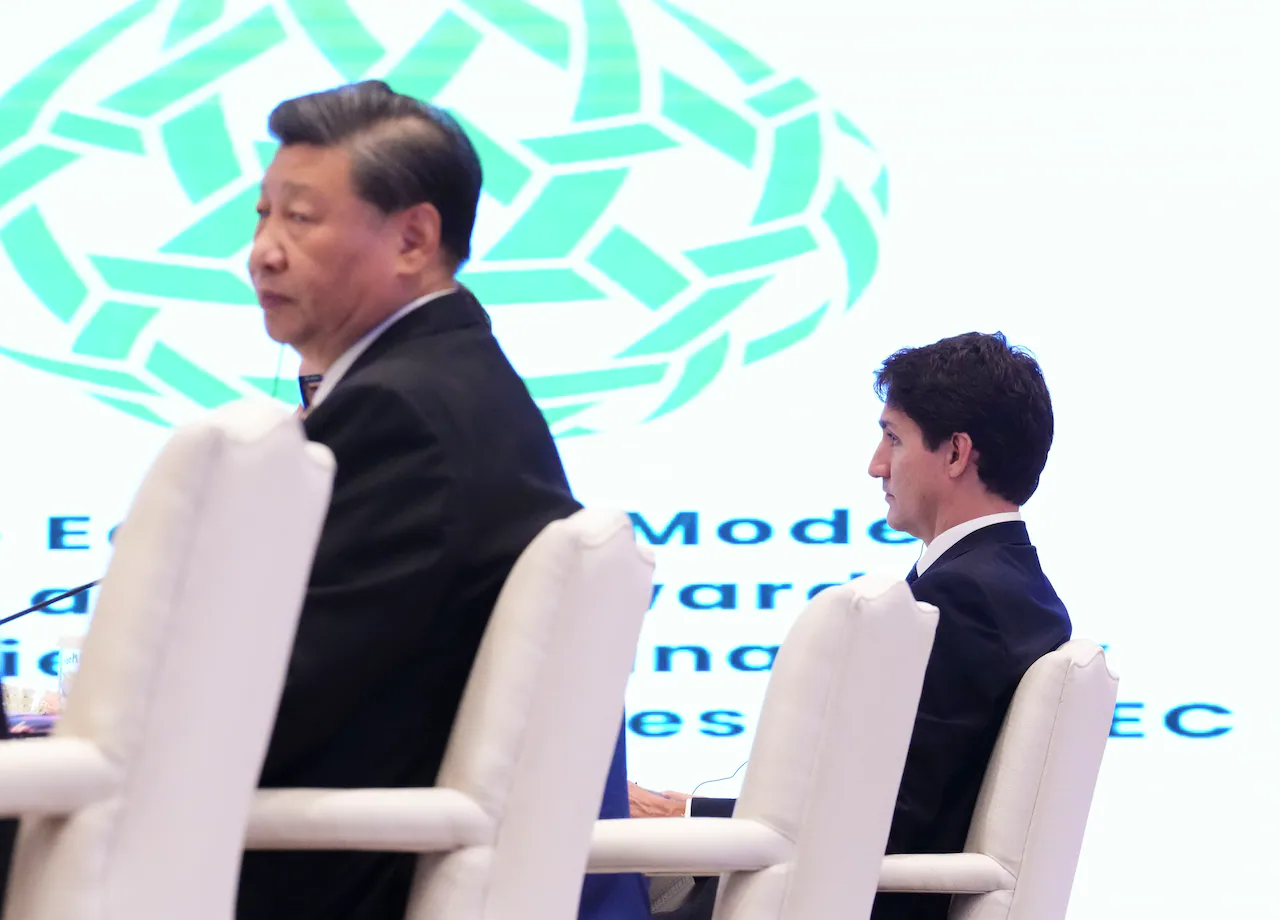Canada has always been a melting pot of diverse cultures, but lately, the issue of Chinese influence on Canadian politics has sparked a great debate. Canadian politicians are being accused of being “Commie Canucks” and of being swayed by the Chinese government’s interests. But is there any truth to these allegations? Let’s dig deeper and unveil the truth behind the “Commie Canucks” conspiracy.
The Great Debate: Is China Influencing Canada’s Politics?
The Canadian government has been accused of being too friendly with the Chinese government, particularly in the areas of trade and investment. The Chinese government has invested billions of dollars in Canadian businesses and infrastructure, which has raised concerns about Canada’s economic dependence on China. Moreover, China’s human rights record and its territorial claims in the South China Sea have put Canada in a tight spot.
However, supporters of closer Canada-China relations argue that engagement with China is necessary to promote trade and investment and that Canada can use its influence to press China on human rights and other issues. Ultimately, the debate about China’s influence on Canada’s politics boils down to a question of balancing economic and strategic interests with human rights and democratic values.
Unveiling the Truth Behind the “Commie Canucks” Conspiracy
The allegations of Chinese influence on Canadian politicians are largely based on anecdotal evidence and speculation. There is no concrete proof that Canadian politicians are being bought or swayed by the Chinese government. Most of the accusations are based on donations made by wealthy Chinese Canadians to political parties, but these donations are subject to the same rules and regulations as those made by any other Canadian citizen.
Moreover, Canada has a robust system of checks and balances that ensures the independence of its judiciary, media, and civil society. These institutions play a crucial role in holding politicians accountable and preventing undue influence by foreign governments or interest groups. Therefore, the idea of “Commie Canucks” seems more like a myth than a reality.
In conclusion, the issue of Chinese influence on Canadian politics is complex and nuanced. While there are valid concerns about Canada’s economic dependence on China and its human rights record, there is no evidence to support the “Commie Canucks” conspiracy. Canada’s institutions and values are strong enough to resist foreign influence, and the country’s engagement with China should be based on mutual respect and benefit. Let’s hope that Canada can find a balance between its economic interests and its democratic principles.










